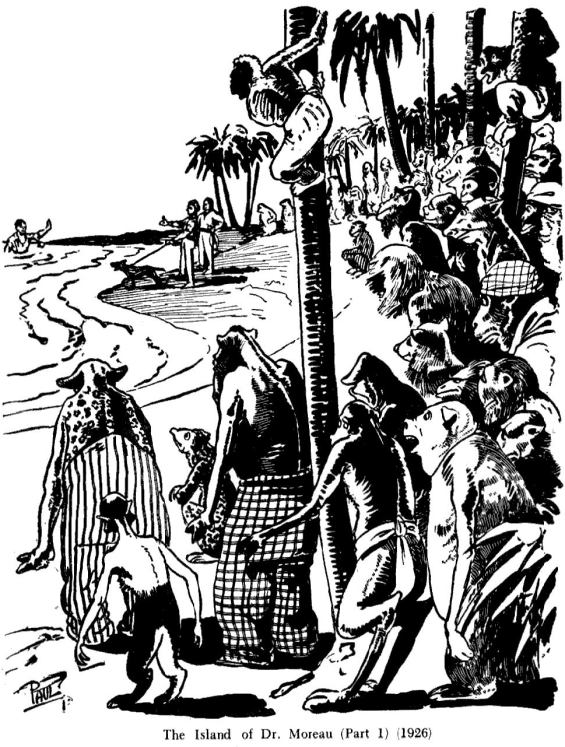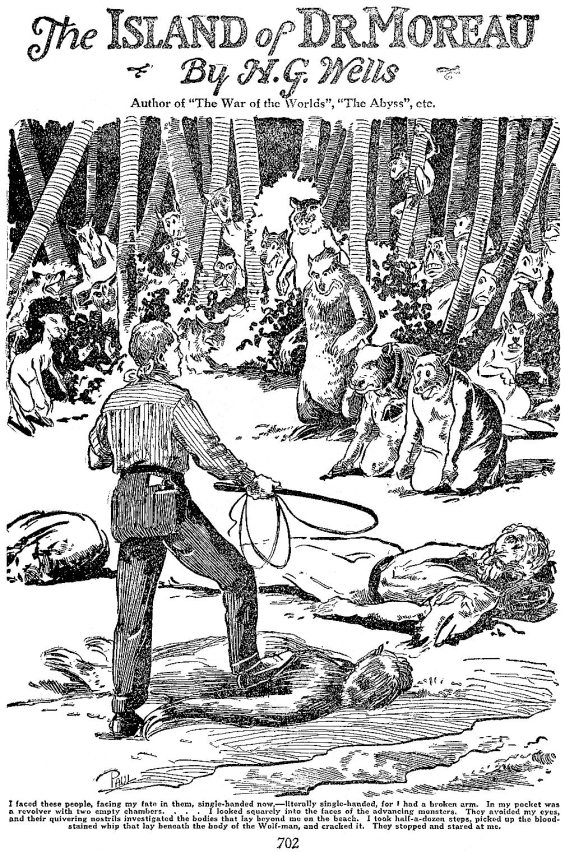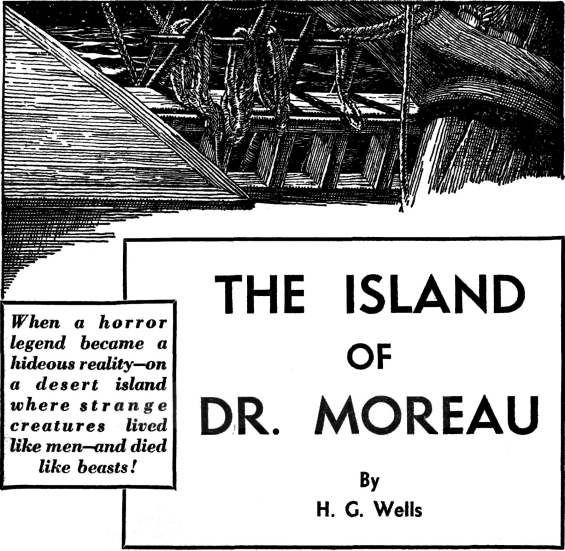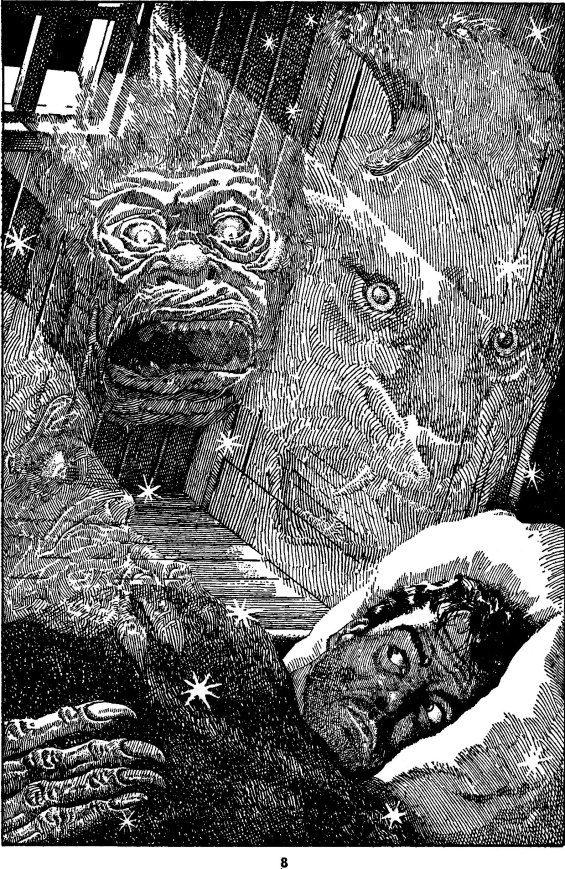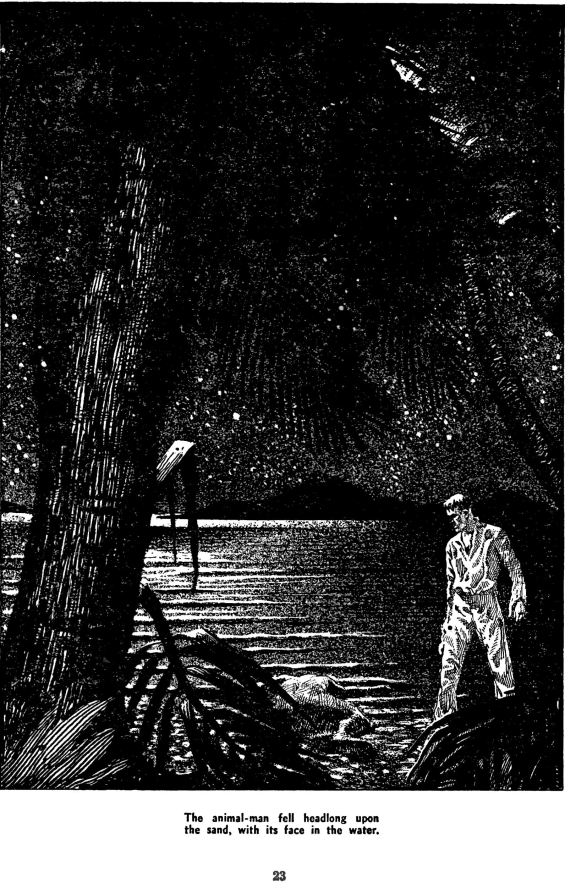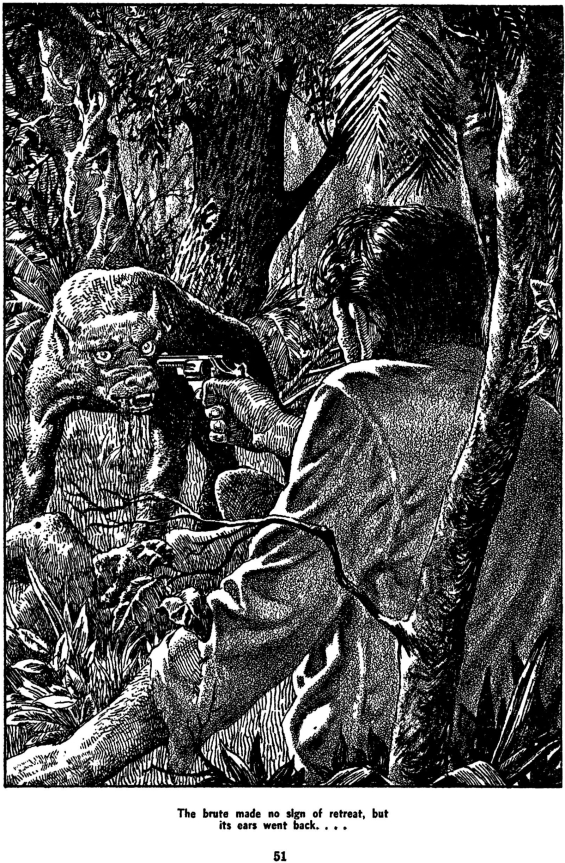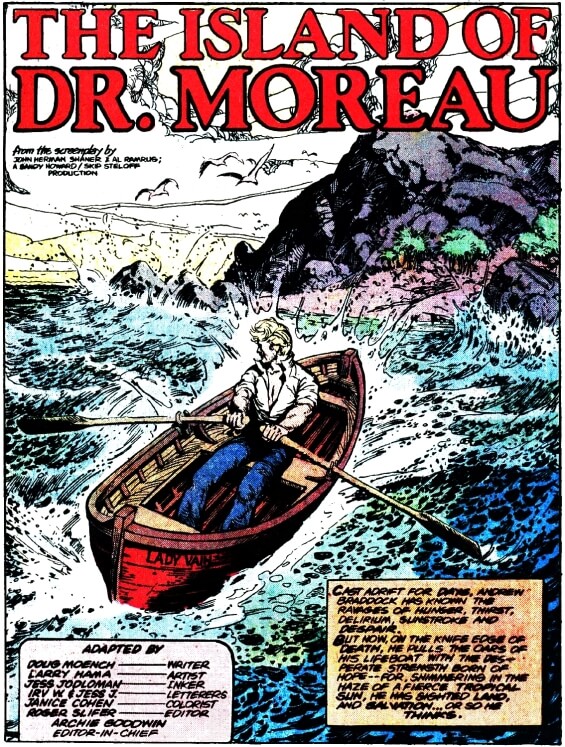
Jesse and Paul Weimer talk about Grave Descend by Michael Crichton.
Talked about on today’s show:
1970, John Lange, a Hard Case Crime, very short book, way too short, is this over, 3 hours 39 minutes, shouldabin longer, where’s the there there?, shortest book?, these days, based on the length, incredibly big font, pump up the point size, thin paper, print closer to the margins, The Postman Always Rings Twice, 159 pages, definitely a novel, tor wouldn’t put it out, as a paperbook, Finna by Nino Cipri, Ace Doubles, two crappy covers, dive into this book, Macgregor, Scottish engineer type, paradise, Jamaica, Ian Fleming, espionage, the best part of the book, the boat still in the water, this is going to be a good book, the high point, facile, his employers, a reveal, setup to take a fall, trouble with the authorities, the flyover, he tries to break it, I want more money, testing them, as you know here it is, slidething, The Prisoner, as well you know, this is all a con, way to easily, if it was a longer book, the weakest of the John Lange books so far, handling of character’s thoughts, a very naturally gifted writer, so smooth and clear, weakness caused by being a bit rushed, starts off amazingly, good slick solid, Jesse’s ideas were more interesting, a patsy, a political assassination, just money, diamonds, a much better novel, Dancing Aztecs, a weak Westlake, it’s a television show, one episode, the pilot episode, sidekicks, girlfriend, motorcycle, the island, a setup for a television series, 48 hours to clear things up, To Catch A Thief, 48 Hours, a Scottish name, Beatrix Potter, Peter Rabbit, Mrs. Rabbit, not to go into Mr. Macgregor’s garden, eating vegetables, literally looks like God, he tries to kill Peter, hiding in a bush naked and afraid, the island of Jamaica in Macgregor’s garden, James Macgregor, a familiar plot, Thunderball by Ian Fleming, two movies, Sean Conner was in both, the Bahamas, the plot, a health resort, an Italian NATO pilot defected with essentially a Vulcan bomber, Falkland Islands, two nukes, Bond’s job is to find the plane and get the bombs back, SPECTRE, a girl, hires an airplane, where the airplane went down, exactly the same story, instead of nuke’s its diamonds, Ocho Rios, Ian Fleming Airport, doing James bond, if you didn’t know, The Venom Business, something to do with snakes, reptile stuff, snake stuff, ocelot stuff, a second ocelot, nasty, Archer, a rich person with an ocelot, whoever was writing Archer, ocelot action and ocelot talk, so strange, a hitchhike ride, you can’t trust this lady, going along with it, deeper and deeper, playing with our expectations, saw that coming, waste the ocelot lady, very lean, a very Ian Fleming move, an alligator farm, a guy with a hat that can chop people’s heads off, not a science fiction gimmick, more like The Prisoner, Season Of Skulls by Charles Stross, a Dreamlands sort of space, Rover is a shoggoth, a book that speaks to Paul, sorcerers instead of spies, I am really in trouble, he’s good, a full novel, much longer than this, too easily, ticking things off, Inside Man (2006), Diamonds Are Forever, the setup is incredible, the payoff is fine, ticking time bomb, the diving, great stuff in there, twists, surprises, not warranted, a loosey goosey, diamonds not so interesting, the ending, open up a dive shop/hotel, not a TV series anymore, diver solves problems, Clive Cussler, Atlantis, Travis McGee series, John D. MacDonald, books of this length and of this period, the title, this Samuel Johnson guy, explainable entirely by Michael Crichton, Samuel Johnson was not a medical doctor, more like Doctor Who doctor, his dictionary, Robbie Coletrain as Samuel Johnson, Blackadder, a useful book, most people didn’t know, this poem, the police captain, Crichton’s obsession with Johnson lead him to name a character, comdended to hope, sudden blast, see Levet to the grave descend, of every friendless name the friend
On the Death of Dr. Robert Levet
By Samuel Johnson
Condemned to Hope’s delusive mine,
As on we toil from day to day,
By sudden blasts, or slow decline,
Our social comforts drop away.Well tried through many a varying year,
See Levet to the grave descend;
Officious, innocent, sincere,
Of every friendless name the friend.Yet still he fills Affection’s eye,
Obscurely wise, and coarsely kind;
Nor, lettered Arrogance, deny
Thy praise to merit unrefined.When fainting Nature called for aid,
And hovering Death prepared the blow,
His vigorous remedy displayed
The power of art without the show.In Misery’s darkest cavern known,
His useful care was ever nigh,
Where hopeless Anguish poured his groan,
And lonely Want retired to die.No summons mocked by chill delay,
No petty gain disdained by pride,
The modest wants of every day
The toil of every day supplied.His virtues walked their narrow round,
Nor made a pause, nor left a void;
And sure the Eternal Master found
The single talent well employed.The busy day, the peaceful night,
Unfelt, uncounted, glided by;
His frame was firm, his powers were bright,
Though now his eightieth year was nigh.Then with no throbbing fiery pain,
No cold gradations of decay,
Death broke at once the vital chain,
And freed his soul the nearest way.
a waiter, his personal waiter, a good listener, case consultations, a medical practitioner for the poor, a Yorkshireman working in France, this guy is amazing, a waitress listening to customers in a restaurant, a reputation among the lower classes, plans to send him to medical school, living in his house for decades, a strange relationship, a taciturn person, insightful and very humane, coarsely kind, an apothecary, a modest reason, the cool dive guy, the stand in for Crichton himself, why is that familiar?, a rich guy on the island, a house that has a name, Goldeneye, silversomething, the recognition is double, he’s also the bad guy, I’m the guy who put this book together, roleplaying, npcs, a fun adventure book, not everything has to be super-deep, lovely bits, a little off, is is the book, the explanation, traveling to Jamaica, Easy Go, Pirate Latitudes, a pirate book set in Jamaica, Belize, Bermuda, Bahamas, the commonwealth is useless, a great youtuber, J.J. McCullough, in the discourse, what is Canadian culture?, we’re sure about that, literally how the country is formed, similar, the atmosphere and recreation is similar, born into wealth?, the amount of travel he did as a young man, paying his way through medical school, his residency, directing movies, George Orwell, a very Crichton move, furniture and groceries, journalist and homemaker, everything is more expensive now, $100 a day, inflation dude, a Maroon community, where escape slaves go to hide, crocodiles, the doctor business, medicine of non-plant based variety is venom, caduceus, everything else is plants, digitalis, foxglove, nitroglycerine, you have plants and snakes, where it gets dangerous, snakebites, playing very adventurous games, interested in thinking about stuff, the crocodiles of the island, he isn’t just in it for the girls, Binary, the cover is a lie, she never was in the water, a lot of lying going on right away, they were both coached, to give different answers?, a shoutout to Sherlock Holmes, it has alum in it, forensics, drop some cigar ash, bauxite, from Jamaica though the Panama Canal to British Columbia, Alcan, authentic details, making it specific, post-doctoral fellowship studies, ER is his experience, House, M.D., most doctors stop studying, in his nature, outstanding, wanted to achieve in so many areas, minus child, a lot of learning to do, not in a happy place, Jesse is not a computer doctor, widespread and various problems, power supply, speakers pull a lot of power, a usb failure, as frustrating as fuck, very The Good Place, Jesse heard, a low level issue, Primal, as close to Robert E. Howard as you’re every going to get, in Gaelic or something, Graham Hancock territory, so well told and so beautiful, when man is reduced to his primal nature, a show with a thesis, some idea they want to present, Evan’s not going to like this, what triggers people is very interesting, injustice in the world, whatever triggers you is different and unique for every prison, Star Wars triggers Evan, Andor, very solid, Jesse doesn’t think Evan can get over it, Start Warts is stupid, Rogue One, prequels usually don’t work, mining, if there was a rebellion how did it start?, pretty good, not everything Star Wars is equally shit, on the feels, a baby Yoda!, armor is cool, Paul, Boba Fett, told correctly, little something to chew on, very well done, most stuff is crap, Sturgeon’s Law is probably 10% right, interesting places, Archaeology Magazine, slightly different than Indiana Jones, what things are being dugup, the techniques are boring but necessary, a lot of data, you don’t get a lot of metal, totem poles etc., petroglyphs, glacial archaeology, not just an arrowhead, Secrets Of The Ice, see glaciers again, Garibaldi Lake, squirrels [actually chimpunks], Nepal, Vietnam, 2023.
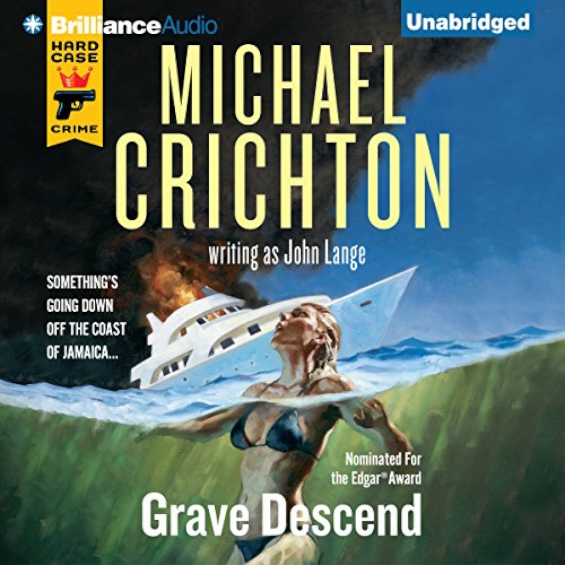
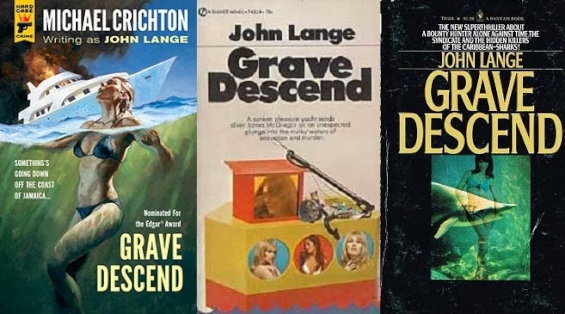
Posted by Jesse WillisBecome a Patron!


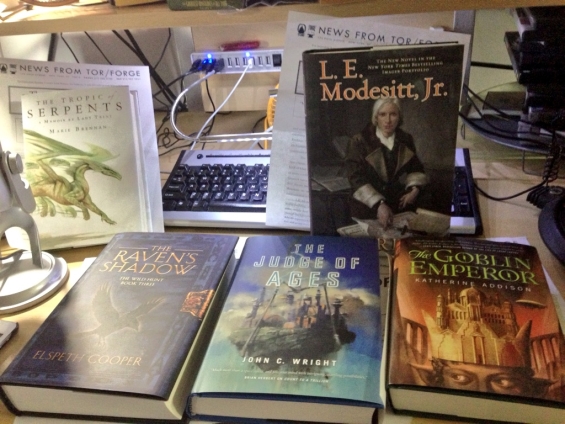


 Arguably: Essays
Arguably: Essays